Receive free Collecting updates
We’ll send you a myFT Daily Digest email rounding up the latest collecting news every morning.
On a round birch table in the London outpost of Nordic gallery Modernity sits Ingeborg Lundin’s applet: a giant glass apple in Granny Smith green. It looks so fresh you want to pick it up and crunch. Designed for Swedish glassworks Orrefors in 1957, applet has a place in design history – the V&A museum has one in its collection. A clear-glass version is on Modernity’s website for £3,508, but it’s the fresh color that contributes to this one’s price tag of £11,500.
Following the second world war, glass factories in Nordic countries were the scene of radical reinvention, turning out both decorative art pieces and designs for everyday use that embodied the spirit of the age. Combining function and elegance with a wave of optimistic energy, designs often drew inspiration from nature, and later from pop art and culture. It’s this combination that’s drawing the eye of contemporary buyers, says Sebastien Holt, UK director of modernity: “They come in looking for furniture or textiles, and then they’ll just see something they love.”
The Apple, 1957, by Ingeborg Lundin © KW Gullers/Nordiska Museet
Finland’s most prolific collector of glass and ceramics, businessman and philanthropist Kyösti Kakkonen, has amassed 10,000 pieces over 35 years. Amongst his most prized possessions is Pilkkiavanto (meaning ice-fishing hole) by celebrated designer Tapio Wirkkala. Just 10 were made, and its texture “resembles real ice as if detached from an iced-over lake”. His wife also collects, and at their two houses their respective collections vie for space. Helping with the overspill, Kakkonen recently long-term loaned 1,300 pieces to the EMMA Museum in Helsinki as a gift to the nation. Highlights include Gunnel Nyman’s pretty and delicate rose petal (1948, pictured above) and Timo Sarpaneva’s Orchidwhich helped him win a Grand Prix at the 1954 Milan Triennale.
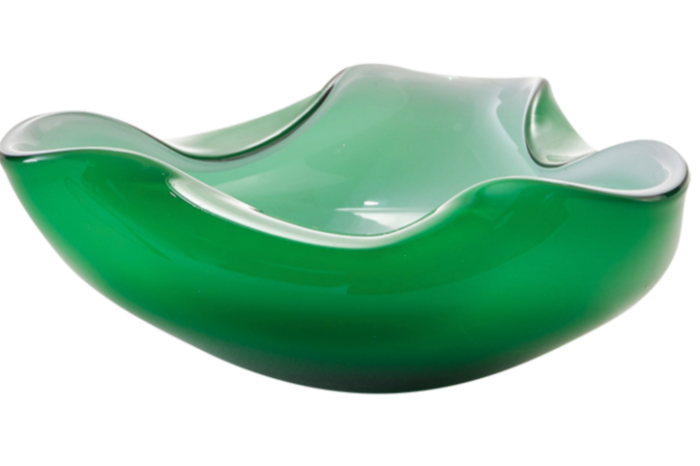
1960s green bowl, £55, vinterior.co

rose petal1948, by Gunnel Nyman, loaned to the EMMA Museum by Kyosti Kakkonen

Exposure at international design fairs was a particular part of Finland’s effort to reshape its national identity following Soviet occupation and two world wars.
But more than a PR exercise, there was also an economic need to refill the coffers. Glass factories revved up production – those of note for today’s collectors include Reijmyre, Orrefors and Kosta in Sweden; Nuutajärvi, Riihimäki and Iittala in Finland; and Holmegaard in Denmark. The introduction of on-site art departments allowed individual designers to flourish and make a name for themselves. “It’s here that the real talents were nurtured,” says Kurt Kovacs Braidley, manager at antiques store Aelfred.

Green vase (top) by Tapio Wirrkala, tall blue vase (right) by Helena Tynell and clear vases and bowl (middle) by Per Lütken © Christian Banfield

Kremlin Bells Decanter by Kaj Franck, £1,808, 1stdibs.com

Murano Coreano vase, by Tapio Wirkkala for Venini, £1,875, vinterior.co
A vast warehouse in Hackney Wick, Aelfred is the latest project from Scandinavian interiors expert Nina Hertig, and specializes in midcentury Nordic furniture, ceramics and glass. Pieces reflect the increasing demand during the 1950s and ’60s for elegant everyday glassware. Today, unsigned design classics such as Per Lütken’s Provence bowls (Holmegaard, 1955) can be found from as little as £150, and sets of stackable harlequin tumblers made popular by Kaj Franck and Saara Hopea (Nuutajärvi, 1950s) from £10 each.
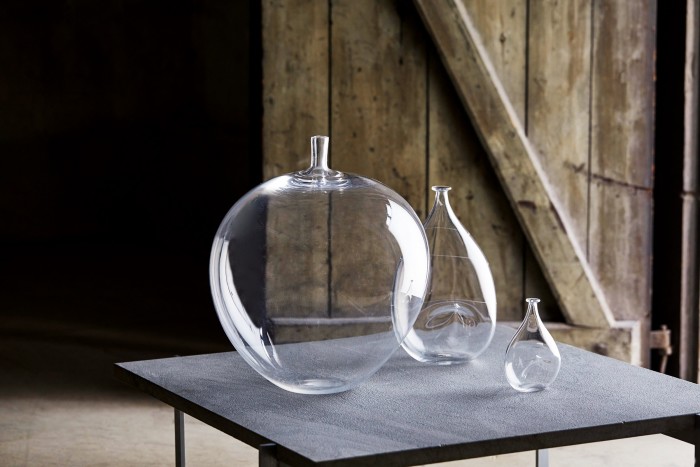

Swedish cut-glass bowl, 1950s, £140, vinterior.co

Claritas sculpture, 1984, by Timo Sarpaneva, $9,500, galerie56.com
Compare these tumblers to Kaj Franck’s signed and dated Kremlin Bells decanter and pitcher (Nuutajärvi, 1962) in smoky glass, which recently sold on 1stdibs for $2,200. The price difference stems not just from quantity and condition, but also provenance and color – smoky glass is particularly collectable. “Important designers’ pieces are signed, dated and catalogued,” emphasizes Lucinda Wright of antique glass specialist Alderney & Wright, which sells via online marketplace vinterior.co. The site is a rich seam for Nordic glass, with unsigned glasses from £30 and a signed Tapio Wirkkala plate for £8,560.
FT Weekend Festival

FT Weekend Festival returns on Saturday September 2 at Kenwood House Gardens, London. Book your tickets to enjoy a day of debates, tastings, Q&As and more. . . Speakers include Henry Holland, Rosh Mahtani, Patrick Grant, Luke Edward Hall and many others, plus all your favorite FT writers and editors. Register now at ft.com/festival.
Those looking for a striking accent piece should keep an eye on the rolling exhibitions at Gallery56 in New York’s Tribeca district. Launched by architect Lee F Mindel, who has long sourced Nordic glassware for his client’s homes, its recent show included works by Timo Sarpaneva and Alvar Aalto (prices from $9,000).
But the hot tip from Aelfred’s Kovacs Braidley, himself a collector with over 1,000 pieces of Nordic glass, are designs by Helena Tynell, “who should be known as one of the best glass designers of the 20th century”. Works such as Tynell’s Sun Bottle (Riihimäki, 1963) zing with energy. Pop art fans can build a rainbow collection at artandutility.co.uk, where a Tynell is priced at £530 (and there’s a gorgeous breadth of designers beyond).
Nanny Still and Tamara Aladin complete a trio of female designers who made Riihimäki a powerhouse in the ’60s, “perfectly capturing the zeitgeist with their shapes, colors and textures”. It’s a too long overlooked niche that’s ripe for investment.





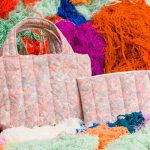
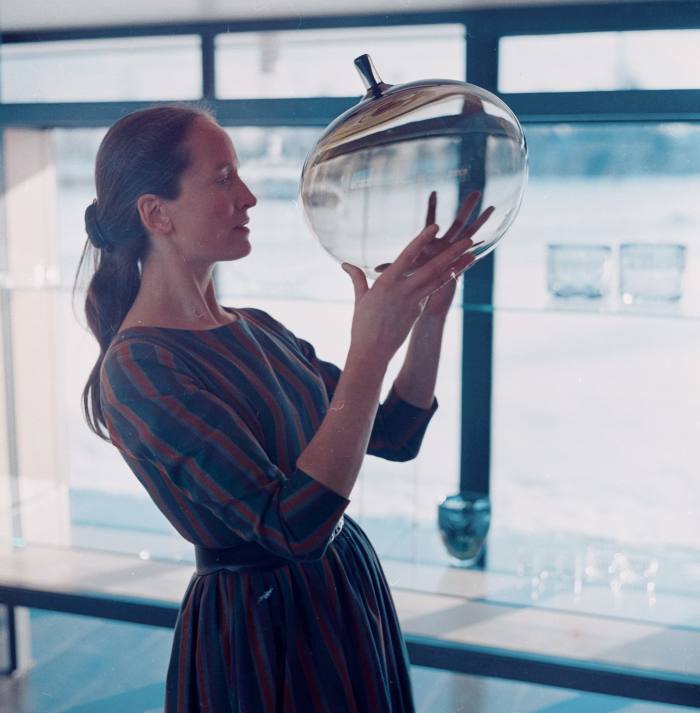
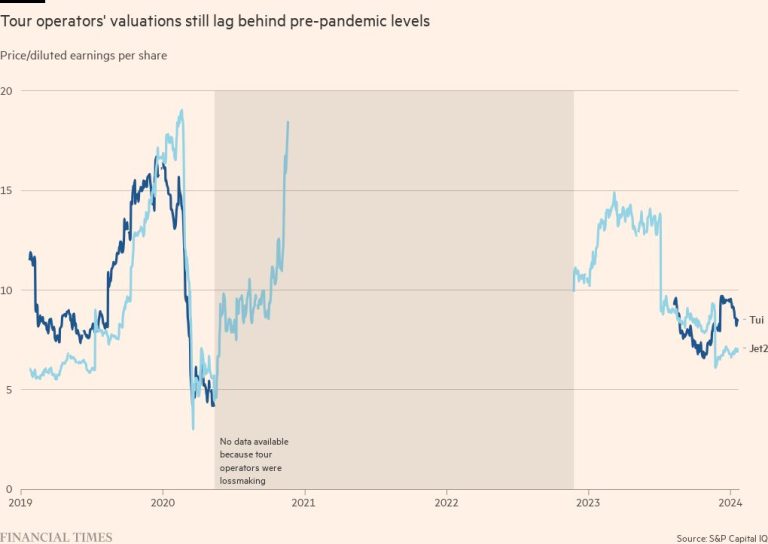
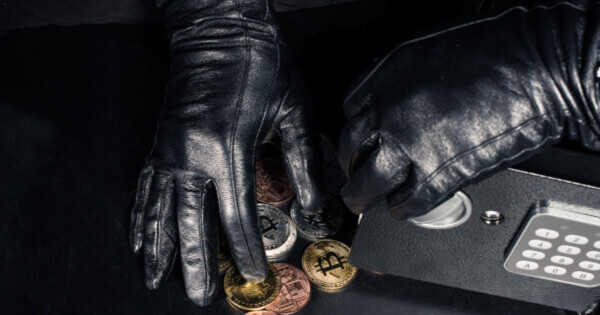
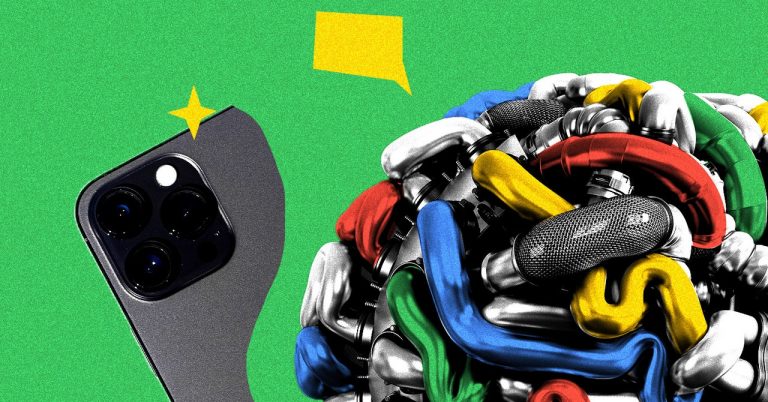


+ There are no comments
Add yours